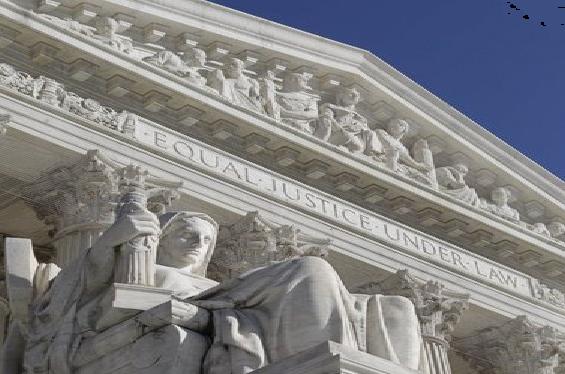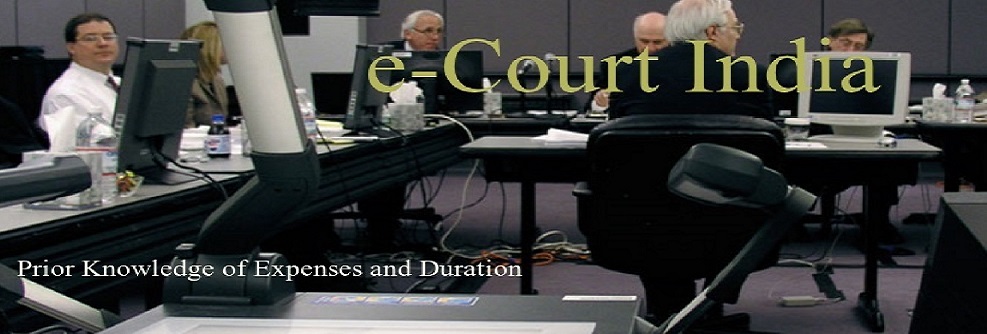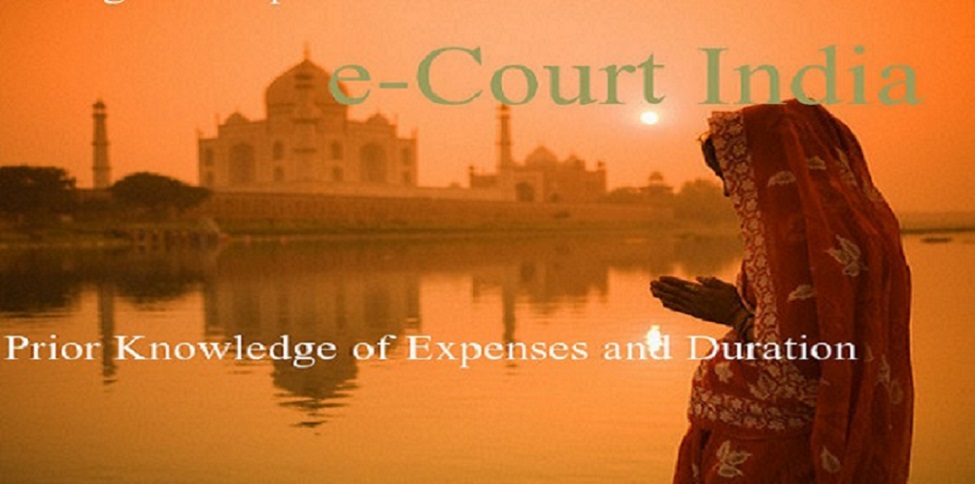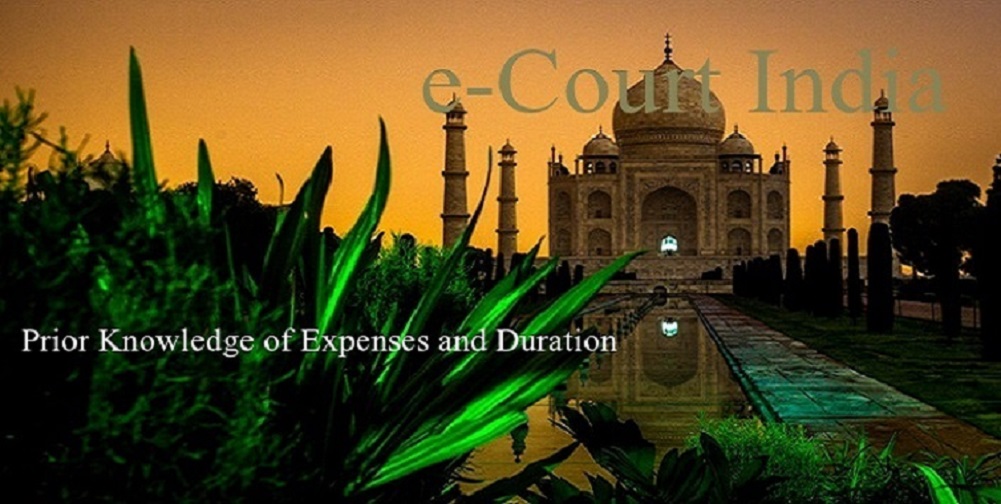(amount mentioned is valid through 2013 & 2014)
Witnesses in e-court statements are only allowed as evidence if the statement is authenticated/attested by a notary. This means that the notary confirms the identity of the person(s) who signed the document(s) for deposit. The e-Court notary can be asked to complete this task at an additional cost of INR 6,724. However, also other notaries not registered with e-Court are accepted.
Notarized evidence from witnesses in e-court proceedings are allowed

International arbitration manual - India
source : Shourya Mandal

Arbitration proceedings in India are conducted under the
Arbitration and Conciliation Act 1996 (the Act). The Act is based
on the UNCITRAL model law.
The main arbitration bodies in India are the Indian Council of
Arbitration, the International Centre for Alternative Dispute Resolution,
the Bombay Chamber of Commerce and the Indian Merchants’
Chamber. Each organisation has its own set of arbitration rules.
Court interference is common at all stages of arbitration in India.
Following a recent decision of the Indian Supreme Court, it is
advisable to exclude Part I of the Act in any arbitration clause
involving India. Part I of the Act makes provision for recourse against
an arbitral award. It enables Indian courts to remove arbitrators and
set aside awards (including foreign awards) which are deemed “in
conflict with the public policy of India”. It has been confirmed that a
broad definition of public policy will apply.
Avoid multi-layered arbitration clauses where one award may be
appealed to a second arbitration. In those circumstances, the Indian
courts have found the second award to be unenforceable in India.
India is a party to the New York Convention. It has exercised both the
reciprocity and commerciality reservations. However, notification is
required in the official Gazette in relation to each specific country.
Not all countries that have ratified the New York Convention have
been notified in the official Gazette.
Any dispute or difference whatsoever arising between the parties
out of or relating to the construction, meaning, scope, operation
or effect of this contract or the validity or the breach thereof shall
be settled by arbitration in accordance with the Rules of Arbitration
of the Indian Council of Arbitration and the award made in pursuance
thereof shall be binding on the parties.
Indian Council of Arbitration
Indian Merchants’ Chamber
Any dispute or difference whatsoever arising between the parties
out of or relating to this contract or construction, meaning, scope,
implementation, operation or effect of this contract or the validity
or the breach thereof shall be referred to arbitration in accordance
with the Rules of Arbitration of the Indian Merchants’ Chamber
and the Award made in pursuance thereof shall be final and
binding on the parties.
In order to exclude Part I of the Act — and avoid judicial interference
with the arbitration proceedings (other than in relation to interim
measures) — it is advisable to add the following wording:
“The provisions of Part I of the (Indian) Arbitration and Conciliation
Act 1996, except section 9 thereof, are expressly excluded and shall
not apply to such arbitration and proceedings”.
TOPICS:
- ABOUT e-COURT
- home
- preliminary information
- introduction ( About us )
- benefits
- scope of legal areas
- directorate
- supervisory board
- advisory council
- originating partners
- e-Court & ADRpartners
- articles of operation
- privacy
- legal information
- in the news
- ( e-Court versus ADR )
- COSTS
- *** introduction
- *** membership
- *** court fee
- *** escrow
- *** hearings costs
- *** attestation costs
- *** extrajudicial costs
- *** legal counsel fees
- *** subsequent costs
- frequently asked questions
- OFFLINE NETWORKING
Endorsements ( 1/2000 + ):
- Patricia M. Swerhone
Waters and Associates, Barristers & Solicitors, Toronto - Kenneth J. Byrne
Immigration and Real Estate Lawyer at Benson Buffett, Newfoundland And Labrador - ( Endorsements continued.....)















